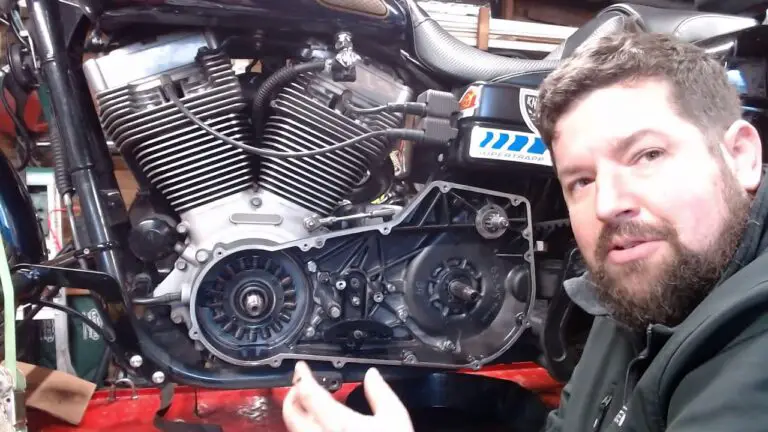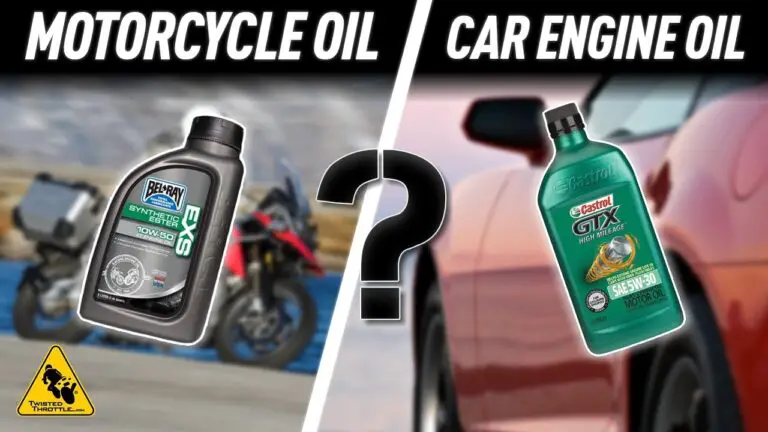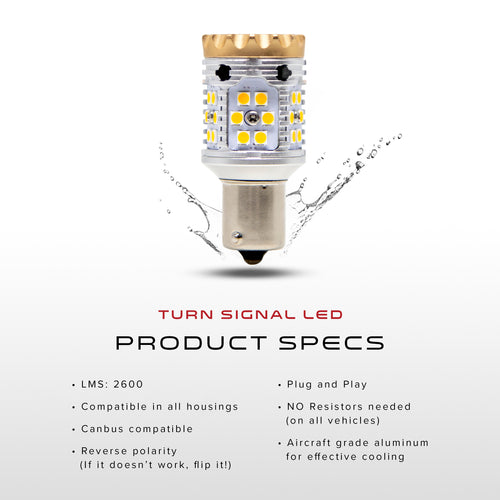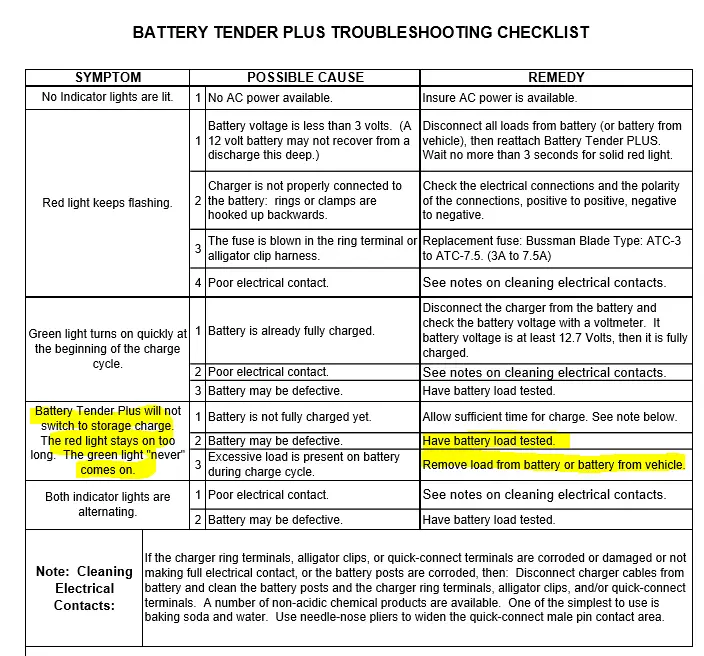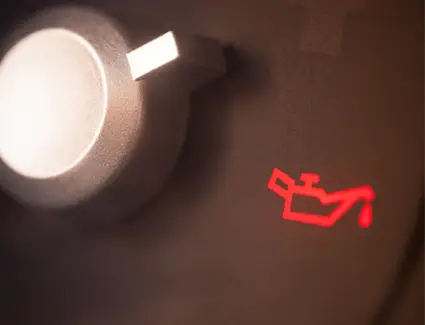The Harley compensator eliminator has the pros of improved reliability and simplicity, but comes with the potential con of increased drivetrain noise. Switching to an eliminator spares you from compensator wear issues but may result in a harsher ride.
For Harley riders, the compensator is an integral part of the motorcycle’s engine that helps to smooth out engine torque. A tendency for failure in stock compensators has prompted some to switch to a compensator eliminator, which can simplify the engine’s mechanics and enhance performance.
This direct sprocket replacement typically bolsters reliability by eliminating the spring and sliding mechanisms prone to wear and tear. Though concerns about increased drivetrain noise and vibration exist, many find the trade-off worth the peace of mind gained from sidestepping habitual compensator failures. Considering a compensator eliminator involves weighing the benefits of sturdiness and lower maintenance against the possibility of a less cushioned riding experience.
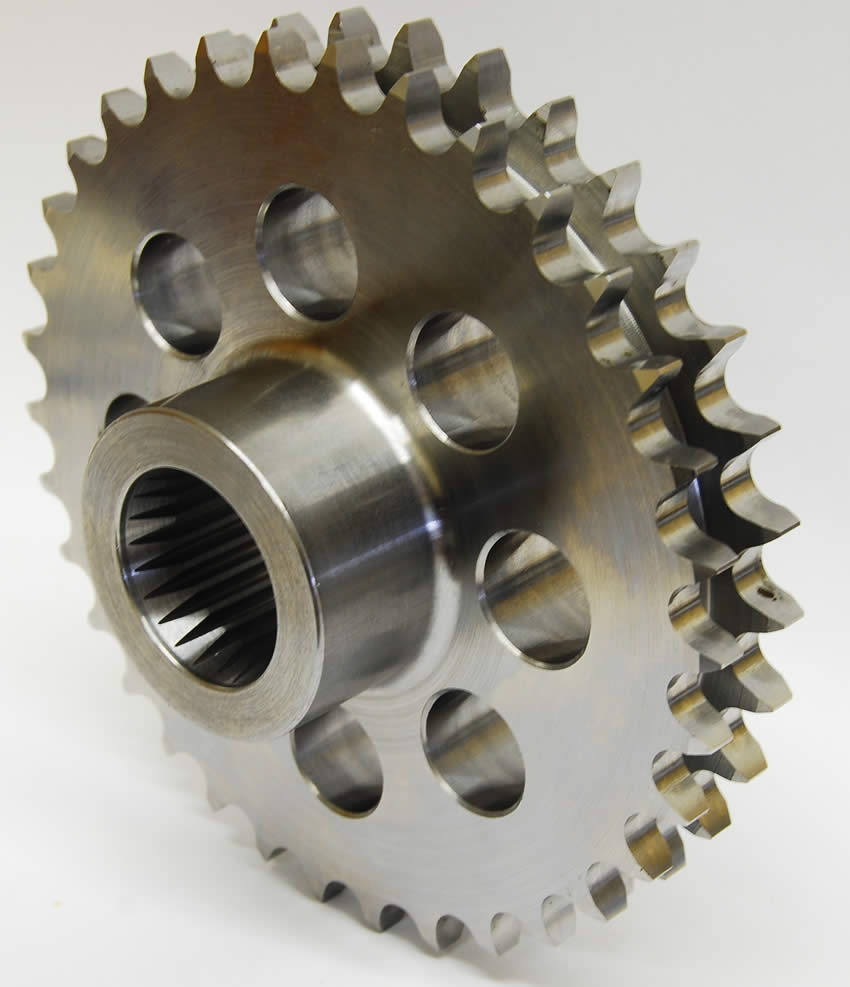
Credit: secure.vulcanworks.net
Introduction To Harley Compensator Eliminators
The compensator in a Harley engine is critical. It smooths out engine and drivetrain operations. Vibration reduction is a key benefit. Rider comfort is often improved with a functioning compensator.
A compensator eliminator replaces the original part. Riders opt for this to achieve different results. Some seek a more direct feel of their engine’s power. Others might face durability issues with the stock compensator. This small change can yield a considerable impact on the bike’s performance.
| Pros of Compensator Eliminator | Cons of Compensator Eliminator |
|---|---|
| Improved power transfer | Potential increase in vibration |
| Reduced maintenance | May affect overall comfort |
| Simpler drivetrain setup | Risk to drivetrain components |

Credit: www.bigdogbiker.com
Advantages Of Using A Compensator Eliminator
Harley compensator eliminators boost reliability, lessening chances of breakdowns. Traditional compensator issues like spring fatigue diminish. The simplicity of the design means less components to fail, leading to a sturdier motorcycle.
Maintenance becomes straightforward without the complex stock compensator. Mechanics can service bikes faster, translating to more time riding, less in the shop. Enthusiasts enjoy this simplicity, appreciating the ease of upkeep.
Moving to a compensator eliminator can enhance overall power delivery. Riders often notice a snappier throttle response. Some claim a small boost in performance, due to the direct drive nature. This means more excitement on the road.
Over time, eliminating the stock compensator saves money. The cost of frequent servicing and potential repairs drops. Thus, this investment pays off with fewer maintenance bills.
Disadvantages And Concerns With Compensator Eliminators
Opting for a compensator eliminator on your Harley could lead to increased transmission noise and vibration. These sounds and feelings might become a new norm.
The vibration can even cause faster wear and tear on bike parts. Bits your bike needs could break down sooner.
Installing this piece might mean your warranty won’t cover issues anymore. That’s risky since warranties can save you money.
Getting it to fit and work right could be tough. Some bikes just don’t like these changes.
Making The Decision: Compensator Vs. Eliminator
Understanding your personal riding habits is key in choosing between a compensator and eliminator. Casual riders might not require the same setup as hardcore enthusiasts. It’s crucial to evaluate how you use your Harley.
Maintenance costs can add up over time, so it’s important to balance these expenses with the immediate advantages of an eliminator. Upfront, eliminators may reduce noise and improve performance, but long-term wear could mean different maintenance needs.
Talking with experienced mechanics and other riders in the Harley community offers valuable insights. Gathering different viewpoints helps in making an informed decision. Their experiences can highlight potential pros and cons you hadn’t considered.
Before making any changes, thoroughly assess the possible impact on your bike’s durability, performance, and overall ride quality. The decision to modify should not be taken lightly, as it could significantly alter your bike’s behavior.
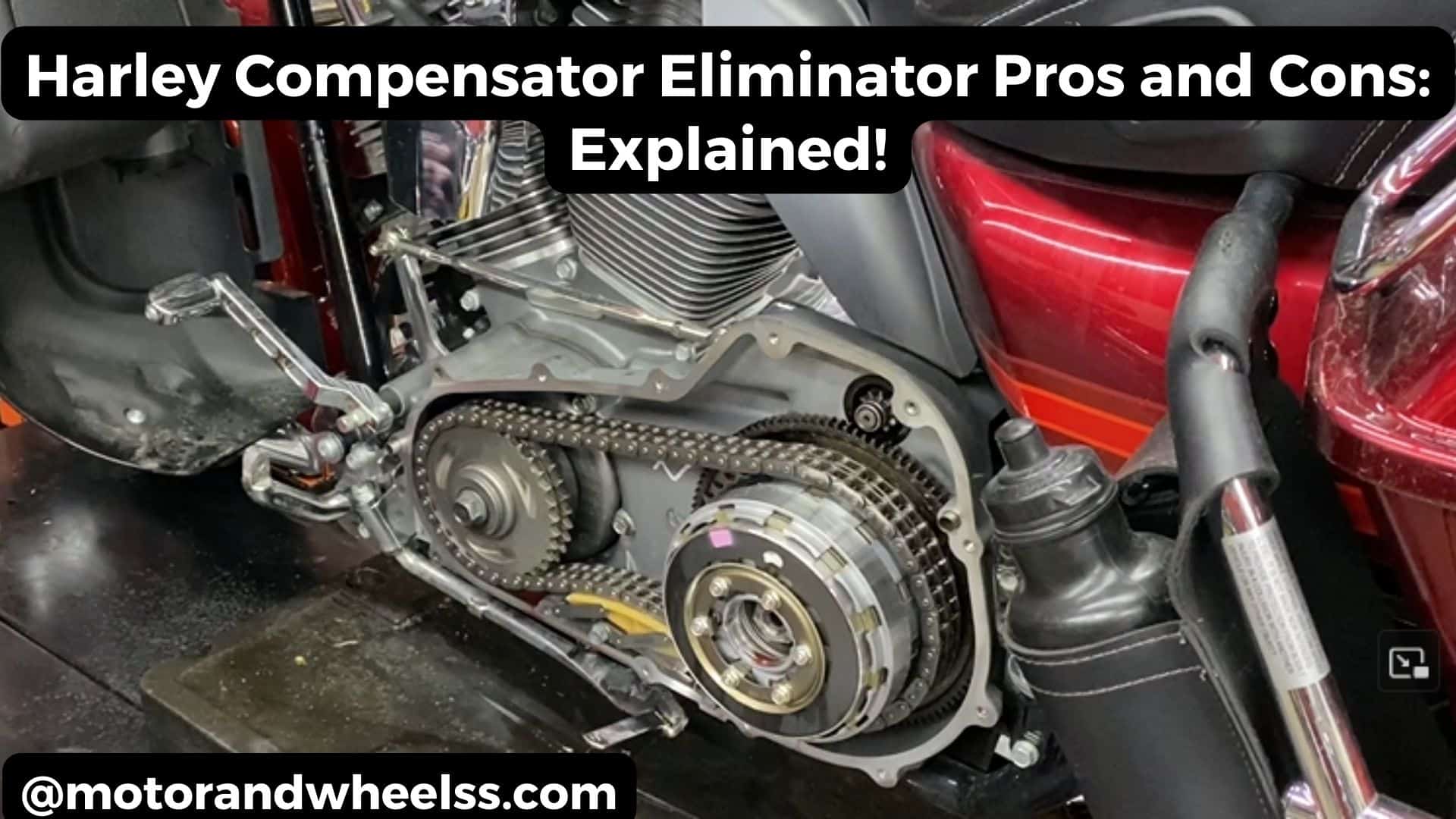
Credit: motorandwheelss.com
Frequently Asked Questions For Harley Compensator Eliminator Pros And Cons
What Does A Compensator Eliminator Do For Harley?
A compensator eliminator for Harley replaces the stock compensator, reducing noise and improving engine reliability by simplifying the drive system. It enhances starting performance and power transfer in Harley motorcycles.
What Does The Compensator On A Harley Do?
The compensator on a Harley-Davidson motorcycle helps to smooth out the engine’s power pulses, reducing noise and vibration for a more comfortable ride.
How Much Does It Cost To Replace A Harley Compensator?
The cost to replace a Harley compensator ranges from $500 to $700, including parts and labor. Prices may vary based on your specific model and the service provider.
Is Harley Compensator Nut Reverse Thread?
No, the Harley compensator nut is not reverse threaded; it follows standard right-hand thread conventions. Always confirm with your specific model’s service manual.
Conclusion
Wrapping up, deciding on a Harley compensator eliminator revolves around balancing improved reliability with potential transmission risks. Each rider must weigh these factors against their unique riding style and bike needs. Careful consideration ensures you make an informed choice for your beloved motorcycle.
Stay informed, ride safe, and enjoy the road ahead.
